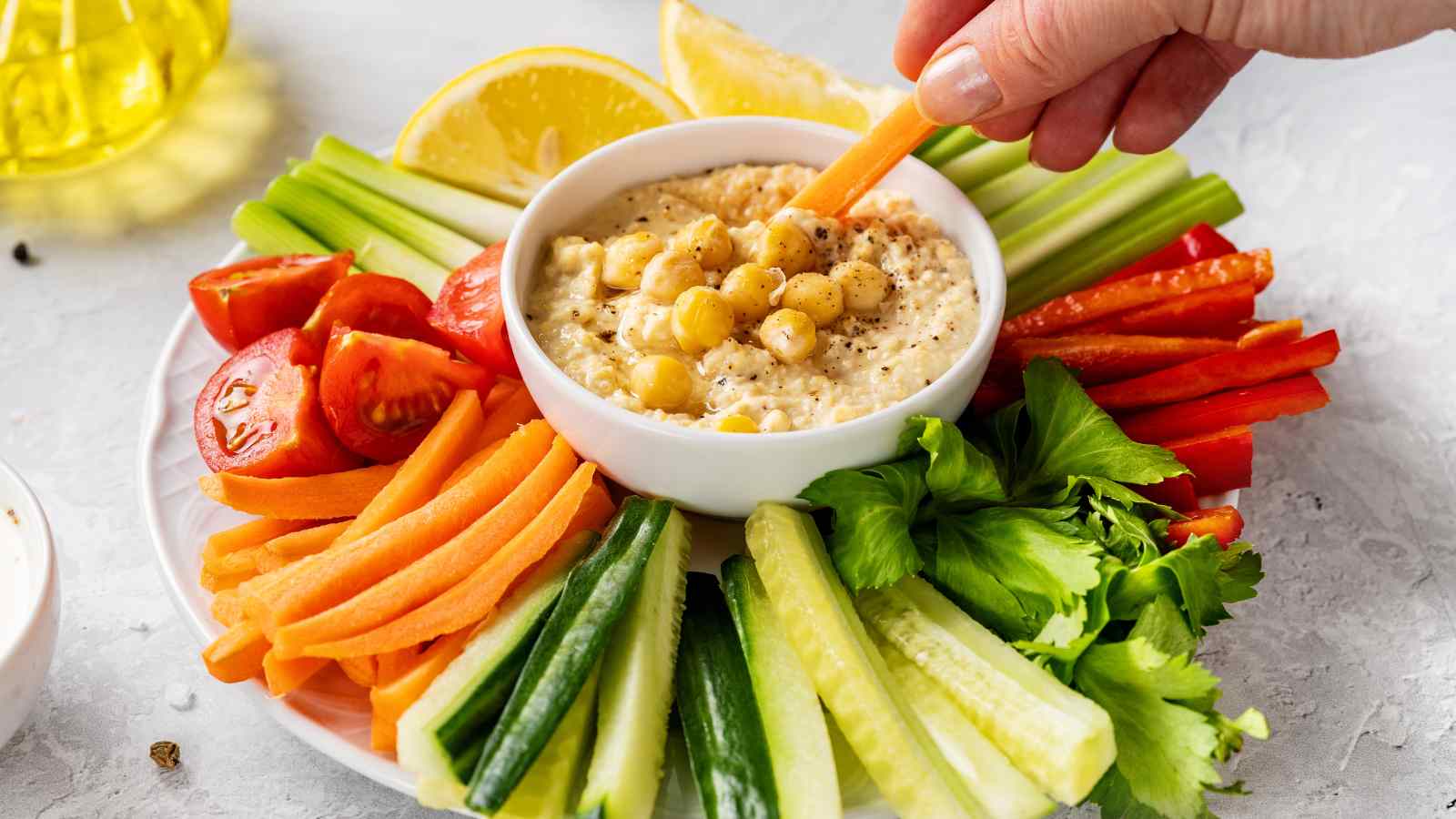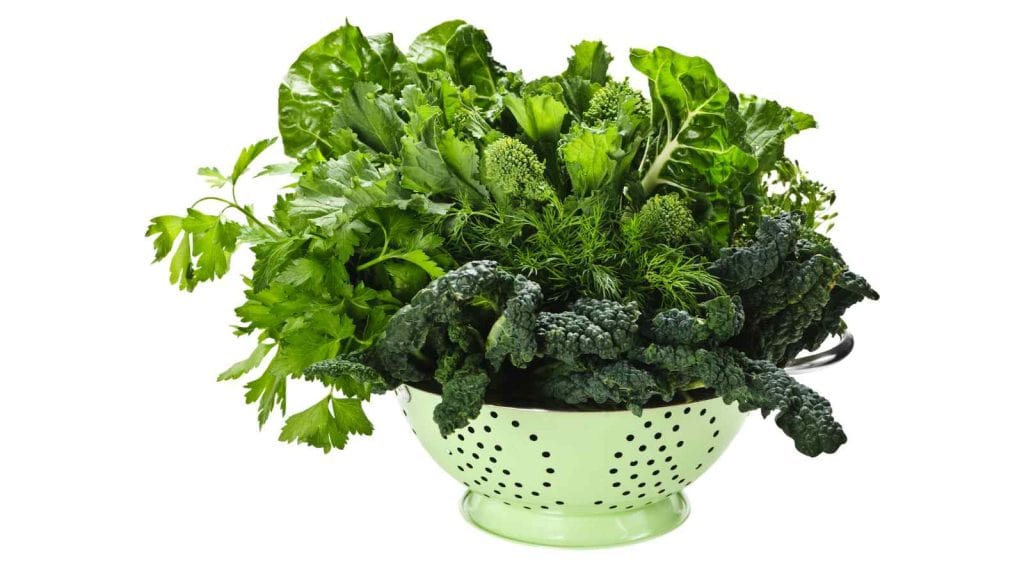Ever feel swollen, puffy, or heavier than usual—especially around your hands, feet, or belly? That could be water retention, a condition where excess fluid builds up in your body’s tissues instead of being flushed out. It can leave you feeling bloated, stiff, and sluggish, and it’s often triggered by things like eating too much salty food, standing or sitting too long, hormonal shifts, or even hot weather. For some people, water retention is also linked to underlying issues like poor circulation, kidney function, or certain medications. While it’s not always serious, it can be uncomfortable and frustrating to deal with.
Instead of turning to pills or quick fixes, try focusing on what’s on your plate. Certain everyday foods act as natural diuretics, helping your body flush out that trapped fluid and reduce bloating more gently. Below are 20 foods that can help you fight off water retention. These foods support your kidneys, encourage better circulation, and provide essential nutrients that help balance your body’s fluid levels. Some do it by being rich in potassium, others through their high water content or anti-inflammatory properties.

Lemons

High in potassium and vitamin C, lemons assist your kidneys in flushing out excess fluid. Acidic compounds stimulate the liver and promote urine production, which can help clear out sodium buildup. Drinking lemon water also supports lymphatic drainage, further reducing puffiness. The natural antioxidants help fight inflammation that contributes to water retention. Adding it to your meals or drinks offers a mild yet consistent diuretic effect.
Celery

Packed with water and natural sodium and potassium, celery helps balance fluid levels without dehydrating you. It contains phthalides, plant compounds that encourage urine flow and help flush toxins. Rich in fiber, it supports digestion and prevents bloating tied to constipation. You also benefit from its anti-inflammatory properties, which can ease fluid buildup in tissues. Including celery regularly helps maintain hydration while encouraging your body to release excess.
Garlic

Allicin, the active compound in garlic, promotes circulation and reduces swelling by helping blood vessels relax. It subtly triggers diuretic activity, allowing the kidneys to excrete excess salt and water. With its ability to support kidney function and reduce inflammation, garlic plays a key role in minimizing fluid retention. Regular consumption can improve vascular health, reducing the pressure that causes your body to retain water. Its sulfur compounds also assist in detoxification processes.
Onions

Natural quercetin in onions acts as a mild diuretic and anti-inflammatory agent. Its ability to improve kidney efficiency helps push out retained water more effectively. Onions also support healthy sodium balance, which is essential in controlling bloating. They’re especially helpful in managing water weight linked to high-sodium meals. Their prebiotic fibers additionally support gut health, which can indirectly affect how your body holds onto fluids.
Bell Peppers

Loaded with potassium and low in sodium, bell peppers support fluid balance at a cellular level. The high vitamin C content boosts collagen and blood vessel health, easing water retention caused by poor circulation. Their mild diuretic properties work without stripping you of hydration. Eating them raw or cooked helps reduce puffiness through their high antioxidant levels. Their fiber also supports digestion, which helps your body eliminate waste more efficiently.
Watermelon

A hydrating fruit that’s over 90% water, watermelon helps flush your system naturally. It contains the amino acid citrulline, which supports blood flow and reduces swelling. Watermelon increases urine output gently while keeping you hydrated. The high water content aids in diluting and excreting sodium from the body. It’s also soothing to the kidneys and supports healthy blood pressure levels.
Cucumbers

Silica and caffeic acid in cucumbers help reduce swelling by encouraging your body to shed extra fluid. High water content makes them ideal for natural hydration and flushing out toxins. They also provide potassium, which counters the bloating effects of too much sodium. Their anti-inflammatory effects can reduce puffiness, especially around the eyes. Eating cucumbers regularly helps support overall water balance and kidney function.
Tomatoes

Rich in lycopene and potassium, tomatoes contribute to improved fluid regulation in your cells. The natural acidity supports kidney detox and urine production. Tomatoes also help restore sodium-potassium balance, which is key in preventing bloating. Their antioxidants reduce oxidative stress that contributes to chronic water retention. Including them in your diet supports both hydration and natural diuretic activity.
Ginger

Known for aiding digestion, ginger also acts as a diuretic by promoting kidney function. Its active compound, gingerol, reduces inflammation and improves circulation. These effects help your body eliminate water trapped in tissues. Ginger encourages the body to expel sodium through urine, reducing bloating. Drinking it as tea or adding it to meals helps keep fluid levels in check.
Grapes

Resveratrol in grapes offers anti-inflammatory benefits that help ease swelling and fluid retention. Their high water content works with natural sugars and antioxidants to support kidney efficiency. Grapes also have mild laxative properties that can relieve bloating from digestive slowdowns. Potassium in grapes aids in sodium regulation, keeping puffiness under control. Their polyphenols further support lymphatic and vascular health.
Asparagus

Asparagine, a unique amino acid found in asparagus, stimulates kidney activity and increases urination. It helps flush out excess water and waste without affecting electrolyte levels. The fiber in asparagus supports healthy digestion, which can ease abdominal bloating. Its anti-inflammatory properties soothe tissues prone to swelling. Regular consumption can reduce puffiness related to poor fluid circulation.
Pineapple

Bromelain, an enzyme in pineapple, aids protein digestion and reduces inflammation, especially in soft tissues. The fruit’s natural sugars and water content promote mild diuresis. It supports kidney health by increasing urine flow and easing water retention. Pineapple is also rich in vitamin C, which helps blood vessels release trapped fluids. Consistent intake supports both digestive and circulatory health.
Herbs

Many herbs like parsley, dandelion, and cilantro contain plant-based diuretics that stimulate fluid release. These compounds encourage kidney activity and reduce salt buildup in tissues. Herbs also deliver antioxidants that support blood vessel flexibility and reduce inflammation. Their rich mineral content helps replenish electrolytes lost through urination. Adding fresh herbs to meals gives a subtle, steady diuretic benefit.
Avocado

Loaded with potassium and low in sodium, avocado helps regulate water balance and reduce bloat. Its healthy fats support cell function and reduce inflammation that traps fluid in tissues. Avocado also aids kidney function by supporting natural filtration processes. The fiber content contributes to smooth digestion, preventing fluid retention tied to constipation. Eating it regularly helps maintain stable hydration without excess swelling.
Chickpeas

High in fiber and potassium, chickpeas support fluid balance and digestion. Their plant-based protein helps stabilize blood sugar, reducing insulin-related water retention. Chickpeas assist the kidneys in filtering sodium out of the body. The magnesium they contain can also help ease water retention linked to hormonal changes. Including them in meals provides sustained support for reducing bloating.
Carrots

Beta-carotene and potassium in carrots encourage your kidneys to excrete excess fluid. Their fiber supports healthy bowel movements, which can reduce pressure and water retention in the abdomen. Carrots also provide antioxidants that reduce oxidative stress in tissues. They help keep fluid circulation moving efficiently, preventing build-up. Raw or cooked, they support natural diuretic processes in the body.
Fennel

Anethole, a compound in fennel, helps relax muscles in the digestive tract, easing bloating. Fennel seeds and bulbs also have mild diuretic properties, promoting urinary output. They assist the kidneys in filtering waste while retaining key electrolytes. Anti-inflammatory effects soothe tissues that tend to hold onto fluid. Consuming fennel regularly supports fluid metabolism and gut comfort.
Almonds

Magnesium in almonds helps regulate fluid retention tied to hormonal fluctuations, especially in women. They support kidney function and balance electrolyte levels. Protein and healthy fats in almonds help prevent insulin spikes that contribute to bloating. The fiber content also supports bowel regularity, reducing digestive-related water weight. Snacking on them provides both energy and steady anti-bloat support.
Leafy Greens

Spinach, kale, and other leafy greens are full of magnesium, potassium, and water — a perfect combo for fluid regulation. These minerals help flush sodium from your system and support kidney efficiency. Leafy greens also reduce inflammation that can cause fluid buildup. Their fiber encourages digestive regularity, which helps prevent bloating. Eating them daily gives your body the tools to manage water levels more effectively.
Bananas

Rich in potassium, bananas counteract sodium’s water-retaining effects and support balanced hydration. They help relax blood vessel walls, improving circulation and reducing puffiness. The natural sugars in bananas support energy without spiking insulin, which can affect water retention. Fiber in bananas aids digestion and helps reduce abdominal bloat. They’re an easy, portable option to keep your body from holding onto unnecessary water.
Underrated Healthy Foods You Should Add to Your Grocery List

What you buy affects not just your meals but also your long-term health. By expanding your grocery list with these often underappreciated ingredients, you get a broader mix of fiber, vitamins, minerals, healthy fats, and plant compounds that support everything from digestion to inflammation control. What follows isn’t just another list of “good-for-you” groceries. These 20 underrated foods deserve a spot in your regular rotation—not just for their flavor, but for how efficiently they fuel, protect, and restore your body.
15 Foods That Sound Healthy But Are Nutrient Traps

Just because something is marketed as a better option doesn’t mean it actually is. Many of these items are loaded with added sugar, refined oils, sodium, or preservatives—all things we’re usually trying to avoid. That’s why it’s important to look past the front of the package and read the nutrition label and ingredient list. Below are some of the most common “healthy” foods that might be doing more harm than good.
Tamara Tsaturyan is the owner and writer of Thriving In Parenting, a website focused on providing simple tips for busy parents — easy and healthy recipes, home decor and organization ideas and all things P A R E N T I N G.

Share Your Thoughts!
I love to know your thoughts, make sure to comment below to start a discussion! You can also follow me on your favorite social network below.